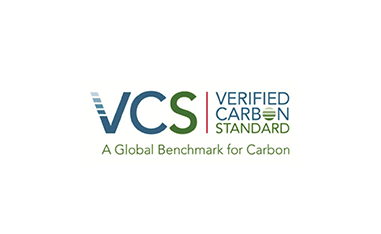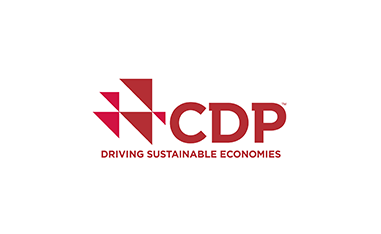S.H.E.


Key Activities on Energy and Climate Change

- International Certification (VCS) on Greenhouse Gas Reduction
- The VCS project at Hyundai Steel is designed to reduce 1.98 million tons of greenhouse gases each year by producing electricity at the Hyundai Green Power saprophagous gas power plant which uses as its fuel the saprophagous gas recycled from the blast furnace. After successfully completing certification and verification of VCS (Verified Carbon Standard), which establishes the standard related to the reduction of global greenhouse gases in 2012, Hyundai Steel was internationally recognized for its efforts by successfully registering the greenhouse gas reduction project of the world's third largest size, and the first time in Korea. It was also recognized as a project to reduce 1.47 tons of greenhouse gases each year by promoting the saprophagous gas power plants No. 5 to 8 as an additional greenhouse gas reduction project in 2014, which passed certification.

- Nomination as Outstanding Carbon Management Company
- Hyundai Steel received an award of excellence for new participation in 2012, the first year of participating in the CDP (Carbon Disclosure Project), a global carbon information disclosure project. By receiving six awards until 2021 including the sector leader award, Winner award, and Honor award, the company was internationally recognized for its efforts to cope with climate changes such as greenhouse gas reduction and energy reduction. With its headquarters in the UK, CDP is a project for providing information for global financial investment companies to consider in their investments by investigating and evaluating the climate change response strategies of global companies.
- Setup of Energy Management System (ISO50001)
- HYUNDAI STEEL had its company-wide energy management system certified (ISO50001) in December 2012 by LRQA, which is an international verification and certification agency. As an energy management standard announced by international standardization organization in June of 2012, Energy Management System (ISO50001) is an international management standard, in which corporations analyze energy use for improvement and a third party evaluates and certifies the entire process of energy operation turned into a system. HYUNDAI STEEL acquired certification for the first time as a Korean steel company as Incheon Works had participated in the demonstration project of energy management system supervised by the Ministry of Knowledge Economy (currently Ministry of Trade, Industry and Energy) and Korea Energy Management Corporation in 2011. Starting with this, the company plans to extend the energy management system (ISO50001) to the entire company including cold rolling section of Dangjin Steelworks and Suncheon cold rolling works which were merged in 2014.
- Operation of Consultative Body on Greenhouse Gas & Energy
- HYUNDAI STEEL is operating a company-wide consultative body on greenhouse gas reduction and energy saving, in which all sectors of planning, production, and technology participate to reduce greenhouse gas and save energy. Through the body, the company has coped with the greenhouse gas energy objective management system externally, all the while securing greenhouse gas/energy reduction technology and setting up a management system internally. From 2015, the company plans to move proactively to equip itself with competitiveness by newly establishing a mid-to-long-term response system with a conference group designed to respond to emission trading system and thereby identifying climate change risks in advance.
- Major Greenhouse Gas Energy Reduction Activities
- The company reduces power usage during its manufacturing process by producing power through the power general equipment using blast furnace top gas pressure, which generates power by recycling pressure of high pressure gas created from the blast furnace. The company also contributes to greenhouse gas reduction through the reduction of fossil fuel usage by not diffusing the saprophagous gas created from the manufacturing process but recycling it to reuse on the production process such as heating furnace and supplying it as fuel to the power plant to produce electricity, thus reducing LNG usage. In addition, the company continues to reduce LNG usage by introducing exhausted heat recovery system, which produces steam by recycling the heat waste created in the process.
- Participation of Large and Medium Energy Accompaniment Project
- HYUNDAI STEEL is carrying out a project to provide its energy management and reduction know-how to its partners by dispatching internal energy specialists to the Large and Medium Energy Companionship Project supervised by the Ministry of Knowledge Economy (currently Ministry of Trade, Industry and Energy). Hyundai Steel is also setting up mid-to-long-term energy reduction plans by performing energy diagnosis, discovering energy reduction items, and performing economic feasibility evaluations for five selected partner companies with heavy energy consumption that have great energy reduction potential. In addition, it is supporting the energy management system setup so that such efforts can be connected to continued reduction activities instead of stopping at just a one-time effort.























